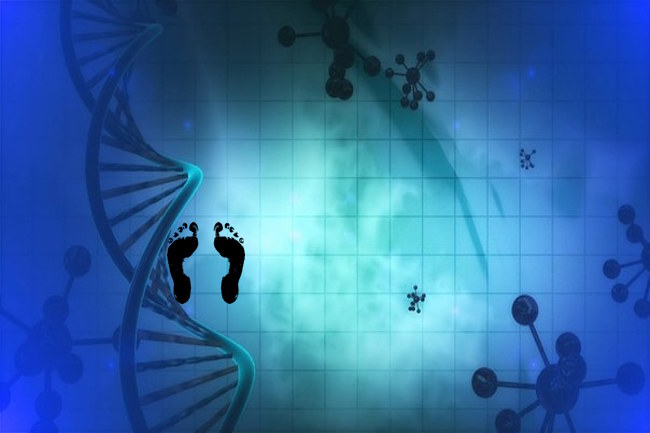Scientists Sound Alarm as Gates, WEF Promote Gene-Editing Technology for Everything From Fake Meat to Designer Babies By for Children’s Health Defense
Bill Gates and the World Economic Forum are among the biggest promoters of CRISPR, a recently developed gene-editing technology, but scientists interviewed by The Defender warned about the technology’s flaws and risks.
CRISPR, a recently developed gene-editing technology is promoted as a potential solution to numerous diseases, to food security and climate change — even as a way to deliver “designer babies” and bring extinct mammals back to life.
The technology has attracted significant investments and the attention of actors such as Bill Gates and the World Economic Forum (WEF).
But many scientists express concerns about the technology’s potential harmful effects.
In interviews with The Defender, Dr. Michael Antoniou, head of the Gene Expression and Therapy Group at King’s College London, and Claire Robinson, managing editor of GMWatch, provided insights into the flaws of this technology, its potential consequences and the risks associated with not regulating it sufficiently.
What is CRISPR?
CRISPR — which stands for Clustered Regularly Interspaced Short Palindromic Repeats — acts as a “precise pair of molecular scissors that can cut a target DNA sequence, directed by a customizable guide.”
Put differently, this technology allows scientists to edit sections of DNA by “snipping” specific portions of it and replacing it with new segments. Gene editing is not a new concept, but CRISPR technology is viewed as being cheaper and more accurate.
This stems from the 2012 discovery that RNA can guide a Cas protein nuclease to any targeted DNA sequence, and to (theoretically) target only that one specific sequence. Indeed, CRISPR technology is often referred to as CRISPR-Cas9 for this reason.
The Media and many scientists have expressed optimism about the technology.
Medlineplus.gov, for instance, said CRISPR “has generated a lot of excitement in the scientific community because it is faster, cheaper, more accurate, and more efficient than other genome editing methods.”
Wired, in 2015, described CRISPR as “revolutionary,” writing that it had “already reversed mutations that cause blindness, stopped cancer cells from multiplying, and made cells impervious to the virus that causes AIDS.”
The technology also made wheat “invulnerable to killer fungi,” and altered yeast DNA “so that it consumes plant matter and excretes ethanol,” according to Wired.




